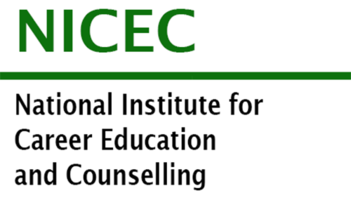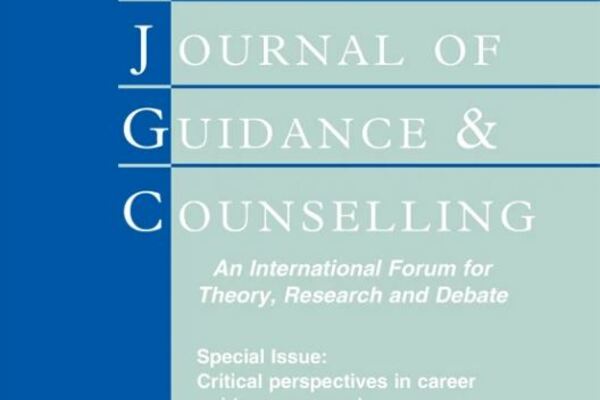Critical Perspectives in Career Guidance Research
The British Journal of Guidance and Counselling has just published a new special issue focused on critical perspectives in career and career guidance research. The issue is edited by Tristram Hooley (NICEC fellow), Rie Thomsen (NICEC International Fellow) and their colleague Professor Kristina Mariager-Anderson. This issue presents 13 articles exploring the value of critical theory to careers research, including one by Fiona Christie who is also a NICEC fellow. The editorial for the special issue is available in open access and you can see the full issue on the British Journal of Guidance and Counselling website at https://www.tandfonline.com/toc/cbjg20/50/4
The special issue brings together a range of articles which explore how critical theory can develop the language and concepts used by career development and career guidance.
The first three articles in the special issue draw on critical psychology. In the first article, Skovhus and Thomsen introduce critical psychology and show how it can inform the practice of career guidance. In the second article, McCrory discusses examines agency, recognising both its possibilities and its limitations. In the final article in this category, Casanova, Costa, Lawthom and Coimbra analyse the discussion of psychologists to explore how they discuss how socio-political issues in relation to their practice, for instance, in terms of constructing the employable individual, and also in terms of recognising the limitations of individual psychological approaches and explanations.
The second category of articles focuses on the interaction between the individual and structures. This focus is central in relational sociology, which uses the notion that what constitutes social life is transactions, interactions, social ties and conversations, and that society “is relation”, rather than a space “containing” relations. In the first article in this section, Bilon and Thomsen also explore the concept of agency and examine its use in career guidance theory. In the second article, Toiviannen proposes the idea of co-agency to express the embedded, co-constructed and political nature of agency. In the third paper in this section, Rice, Leary and Klatt focus on how structural, contextual and institutional conditions influence the construction of individual agency in career development policy.
The next two papers in this theme focus on antiracism, with Souto and Sotkasiira discussing the importance of intersectionality and anti-racism in career guidance and Dorter and Damani looking at the employment experiences of migrants as they move into work and face racism.
The final category of papers in this special issue draw on radical poststructuralist theories and post-Marxist traditions. These theories are interested in the role of language in constructing social reality and shaping the possibilities for political change and struggle. Bengtson begins this section through an exploration of power inequalities in the guidance process. In the next article Vahidi, Arnold and Barnard unmask power and ideology in press representations of the concept of career. The third article in this section sees Reid and Kelestyn use Bacchi’s “What's the Problem Represented to Be?” approach to explore and unmask the use of the concept of employability within higher education. Cunningham and Christie also focus on the themes of employability and employment in their article. Finally, Hooley’sarticle, he undertakes a radical re-reading of Ali and Graham’s counselling approach to career guidance.





